Moscow slammed the removal of the Red Army statue in Bulgaria’s capital, Sofia, as “rehabilitation of Nazism”
The dismantling of a 37-meter tall monument honoring Soviet soldiers who liberated Bulgaria, a nation that was allied with Nazi Germany during World War II, commenced in Sofia on Tuesday. The removal has faced opposition from local politicians, with Russia condemning it as “barbaric.”
Vyara Todeva, the regional governor of Sofia, told journalists several days ago that authorities had ordered an expert examination, which showed that the sculptures had developed “serious cracks,” making the monument “a danger to citizens,” the Bulgarian News Agency (BTA) reported. The official also noted that the memorial had not been restored in 70 years.
According to BTA, the sculptures featured on the monument will be restored and then displayed at the Museum of Socialist Art or “eventually, may be moved to another site.” However, according to the news outlet Balkan Insight, the museum said it “does not have the capacity to preserve the monument,” and its exact fate is unclear.
The memorial, which depicts a Soviet soldier, a Bulgarian peasant woman, and a worker on a pedestal, is being dismantled piece by piece, Blitz reported, noting that, on Tuesday evening, part of one of the figures had been cut off.
Commenting on the move, an MP from the pro-European party Da, Bulgaria! (Yes, Bulgaria) Ivaylo Mirchev stated, “We are not just removing a monument; we are reclaiming the opportunity to make sense of history through our own prism, rather than that of Russian propaganda.”
Read more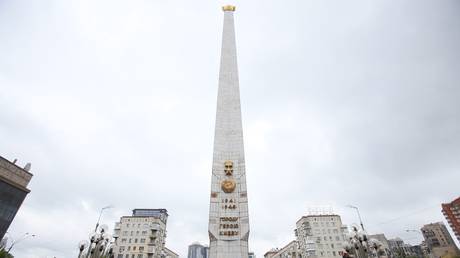 Kiev dismantles symbol of Nazi defeat
Kiev dismantles symbol of Nazi defeat
At the same time, the leader of the Bulgarian Socialist Party (BSP), Kornelia Ninova, was quoted by BNT 1, a local public television station, as saying that “every monument is a piece of history, and we erase a piece of history every time we remove a monument.”
MP Atanas Zafirov of the BSP said that by “denying the participation of the Soviet army in the victory over fascism,” Sofia is also denying the memory of “almost 100,000 Bulgarian soldiers who participated in the final part of the war.”
The nationalist political party Vazrazhdane (Revival) said on its Facebook page that its members would come to the memorial “to protest against fascism and its contemporary projection, Euro-Atlanticism,” inviting everyone to join.
Russian Foreign Ministry spokeswoman Maria Zakharova condemned the demolition of the Red Army monument, adding that Sofia’s “barbaric actions” cannot be justified or forgiven. “We consider the destruction of the monument to our common past as another hostile step by official Sofia,” Zakharova said.
“Bulgaria has long been, without noticing it, following the path of rehabilitation of Nazism. Far-right organizations that openly promote racial hatred and intolerance are spiraling out of control,” the senior diplomat pointed out.
The monument was erected in 1954 following a decision by the Bulgarian Communist Party. In 1993, the city council voted to dismantle the Soviet-era statue, but no mayor of Sofia has followed through since. After Bulgaria became a NATO member in 2004, a civil committee was formed to call for its demolition.
The monument has been vandalized several times, with the latest incident following the escalation of the conflict between Russia and Ukraine in 2022. In July of this year, Sofia supported the idea of Kiev joining NATO and extending military aid to it.

 1 year ago
174
1 year ago
174
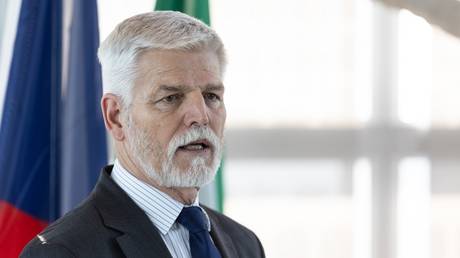
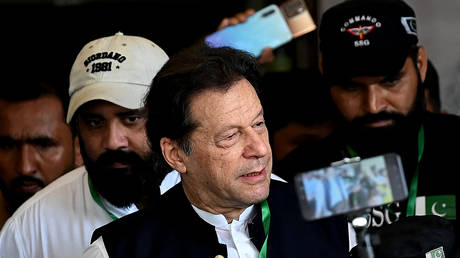


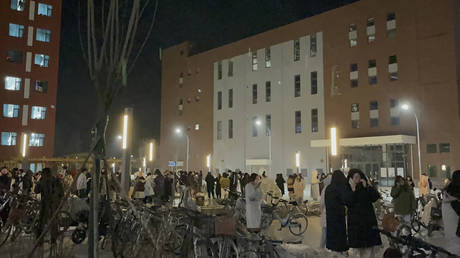
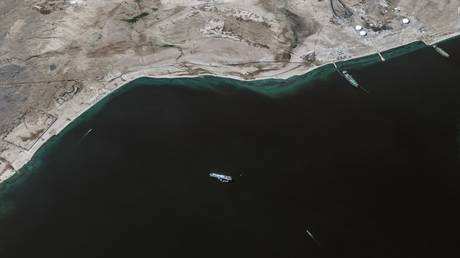
 English (US) ·
English (US) ·